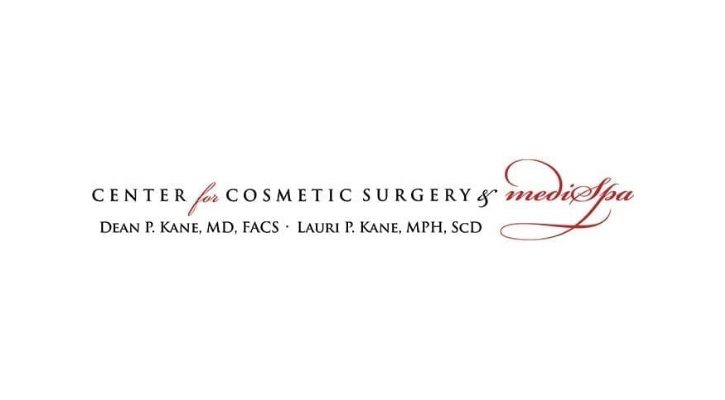Question from Whitby, ON: I have a fairly wide scar on the top of my head, close to the brow and am concerned that hair may not grow back in this area. Does hair tend to re-grow in the scalp area if the skin is scarred? Thank you.
Answer from Dr. Dean Kane, Board Certified Plastic Surgeon from Baltimore:
Thanks for this question! It is interesting and affects nearly every patient following a brow, face and neck lift.
There are many options for facelifting, depending on the skin laxity and areas of lift or tightening you wish or need. This type of surgery will leave you with scars hidden or not-so-hidden:
- in front of your ears and sideburn,
- behind the ears and along the mastoid hairline,
- along the temple hairline,
- along the forehead or behind the forehead hairline.
Most facial surgeons are knowledgeable and attempt to hide the scar or make a angulated incision so hair bulbs on one side of the scar will grow through the scar to mask it.
It is also important that you abstain from activities which will damage the hair along the incision at the time of surgery such as:
- nicotine / tobacco use
- any type of hair coloring
For most patients these scars are discrete and negligible but for some, the scar which has no pigment, no oil glands and no hair bulbs will be visible.
There are options to speak with your surgeon regarding these concerns.
1 non-surgical skin care including: retinoids, pigmentation-evening prescriptives
2 minimally invasive procedures: IPL, fractionated CO2 or erbium lasers
3 tattoo (not a favorite of mine along hairless skin due to potential ink color changes but worthwhile if in the scalp)
4 hair grafting
5 use of hair growing medications such as: Latisse or RevitaHair to be used soon after the surgery but not useful once the scar has matured
6 scar revision, ie. surgical removal allowing for a hopeful newer, less obvious scar
Please consult with a well experienced, Board Certified Plastic Surgeon, Facial ENT or Dermatologist with the experience required to treat this problem.
I hope this has been helpful. All the best!



